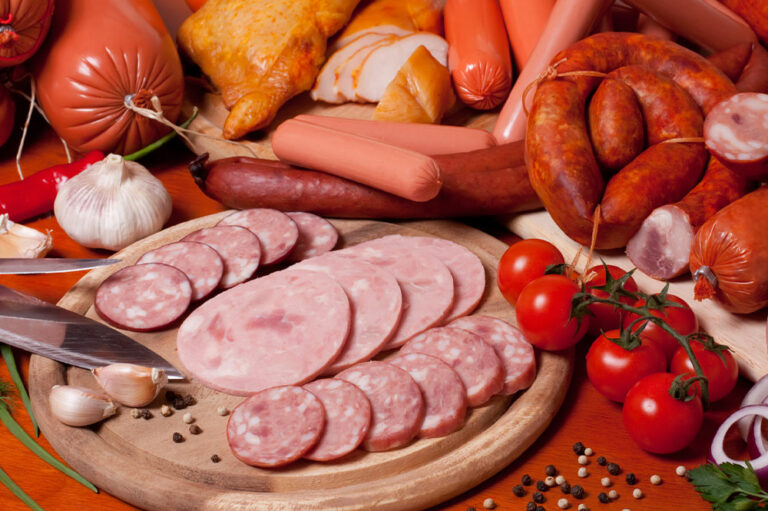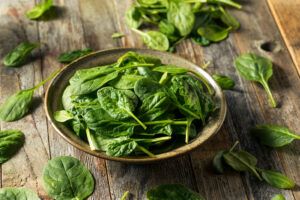
8 Top Foods to Avoid for Lung Cancer
Shortness of breath is one of lung cancer’s first symptoms and complications. It also leads to fluid accumulation in the lungs, preventing them from expanding when inhaling. Chest pain, bloody cough, and the chances of cancer spreading from the lungs to other parts of the body are some of the potential complications. Treatments aim to reduce symptoms’ intensity and improve the quality of life and life expectancy for those affected by lung cancer. Role of food in managing lung cancer Good nutrition should be the fundamental and underlying factor while preparing meals for a patient who has either been diagnosed with lung cancer or is undergoing treatment. What you eat can directly impact how your body fights cancer and responds to treatment. Oral and intravenous prescription treatments, chemotherapy, surgery, and radiation therapy are normal treatments for any cancer, including lung cancer. Food can influence the speed with which the cancer cells spread, the efficacy of treatments, and prevent the chances of recurrence. For example, a sugar-rich meal can influence cancer cell growth. An ideal cancer meal should contain the following: Essential vitamins Folate Selenium Phytonutrients Antioxidants Dietary fiber Similarly, many foods are detrimental to people with lung cancer. These foods can worsen lung cancer symptoms, wheezing, chest pain, exhaustion, sudden weight loss, and bloody cough.
Read More 



